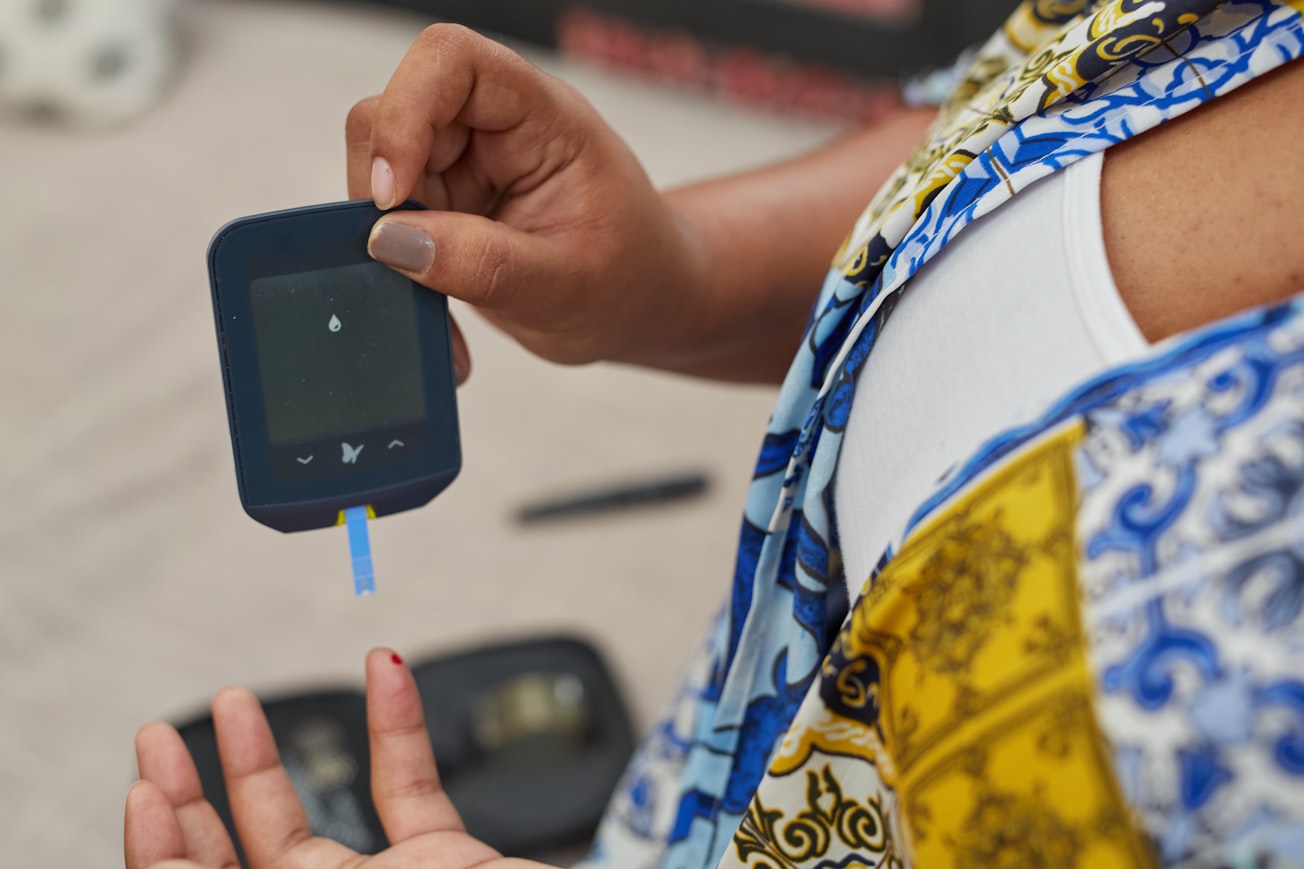What is it about?
We studied 810 individuals with new onset type 1 diabetes and found that those who had the type 2 diabetes version (allele) of a gene, compared with those who did not, were more likely to have fewer of the islet autoantibodies that are typical in type 1 diabetes but more indicators of insulin resistance, which is typical of type 2 diabetes.
Featured Image

Photo by Sweet Life on Unsplash
Why is it important?
Our findings suggest that some individuals may have a combination of type 1 diabetes (that is, their immune system attacked the cells that make insulin) and type 2 diabetes (that is, their body does not use insulin efficiently). This has implications for how we predict, prevent, diagnose and treat their diabetes since they may need strategies that address both types of defect.
Perspectives
Understanding better the different ways that a person may go on to develop diabetes will bring us closer to the goal of treating each individual based on their own characteristics and needs, that is, applying precision medicine.
Maria Redondo
Baylor College of Medicine, Texas Children's Hospital
Read the Original
This page is a summary of: TCF7L2
Genetic Variants Contribute to Phenotypic Heterogeneity of Type 1 Diabetes, Diabetes Care, October 2017, American Diabetes Association,
DOI: 10.2337/dc17-0961.
You can read the full text:
Contributors
The following have contributed to this page







